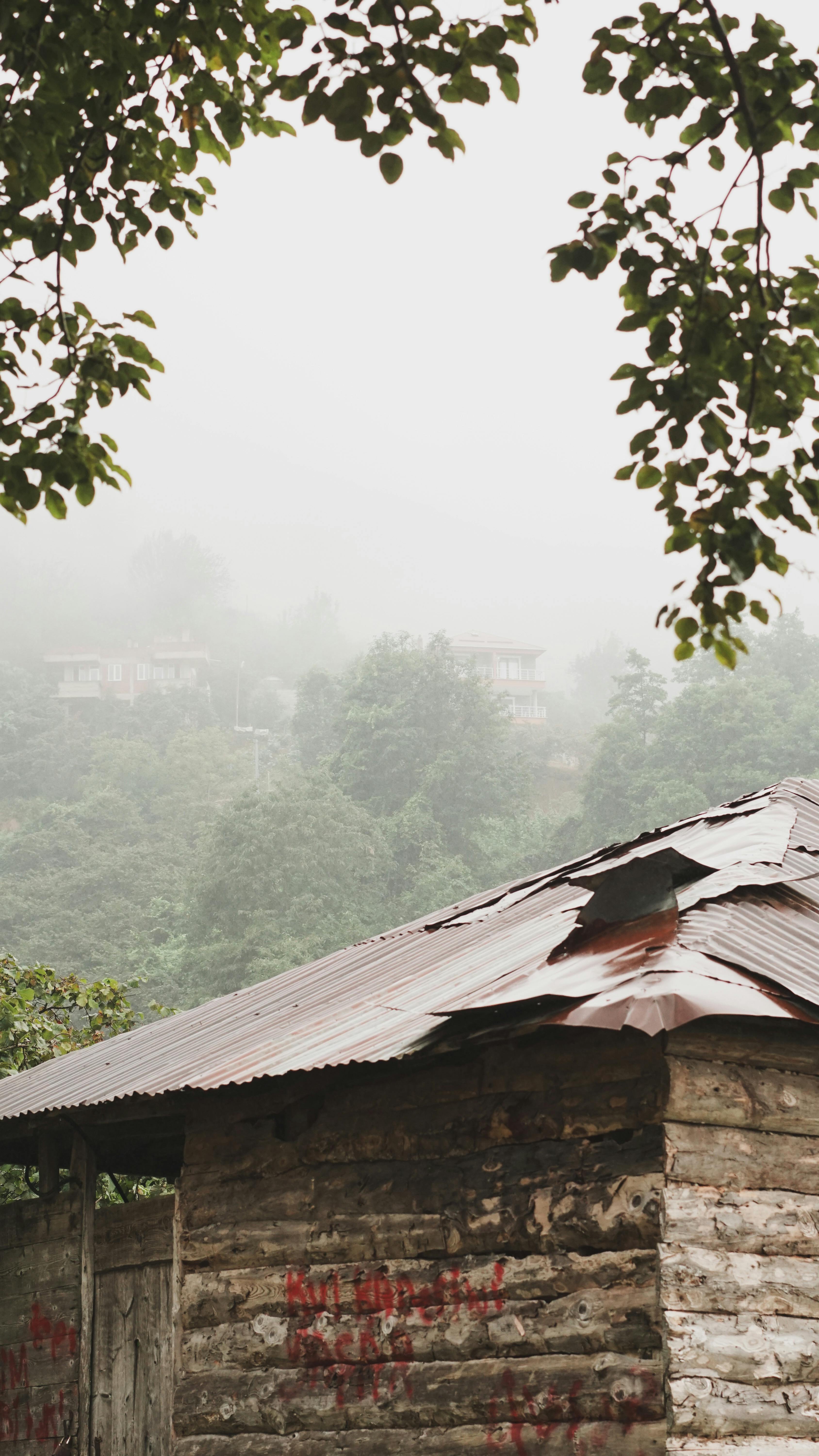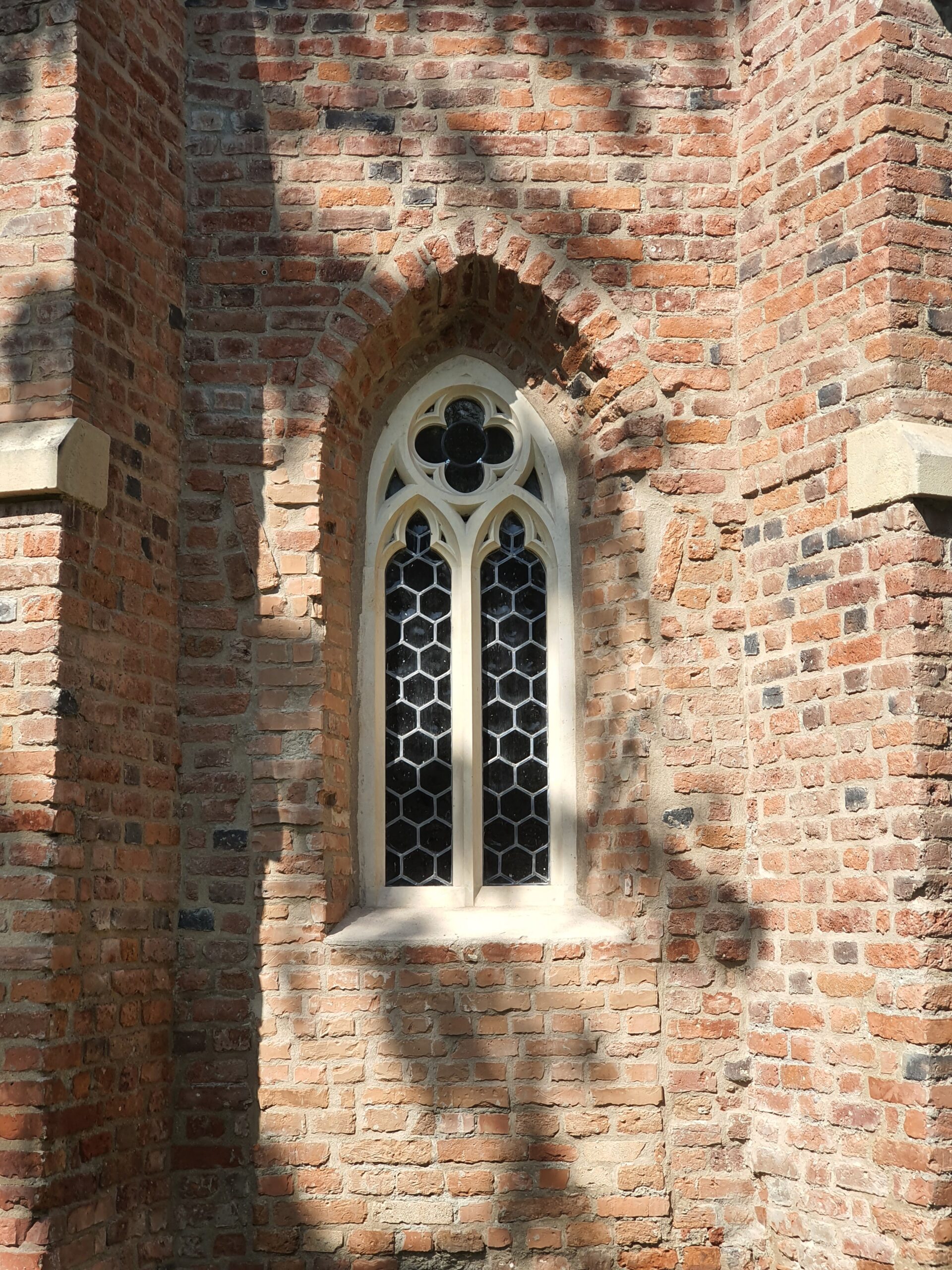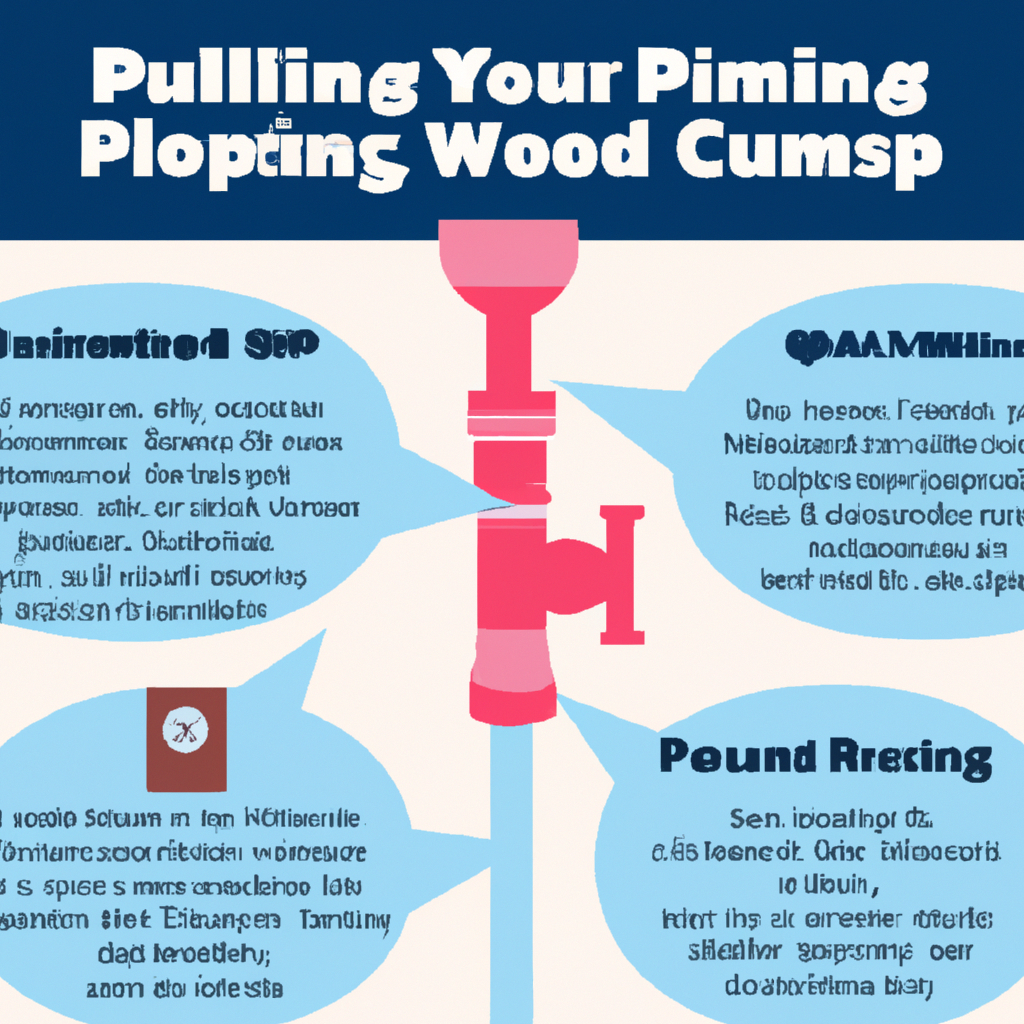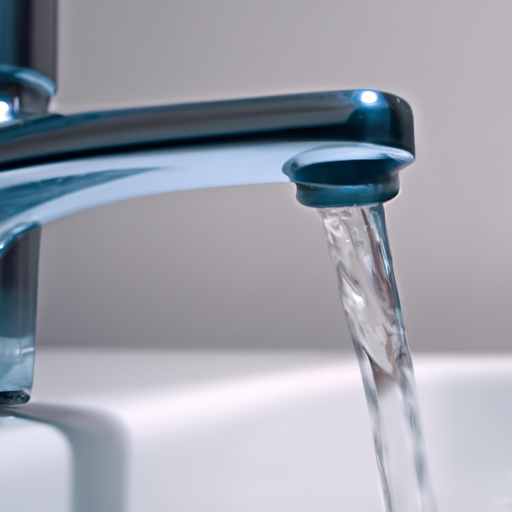Maintaining a healthy plumbing system is crucial for the smooth functioning of your home. From fixing leaky faucets to preventing clogged drains, there are numerous steps you can take to ensure your plumbing remains in top-notch condition. In this article, discover simple yet effective tips and tricks that will help you keep your plumbing healthy and prevent costly repairs down the line. Whether you’re a homeowner or a renter, these helpful suggestions will ensure your pipes flow smoothly and your plumbing remains problem-free.

Inspect Your Plumbing Regularly
Regular plumbing inspections are essential for maintaining the health of your plumbing system. By inspecting your plumbing regularly, you can identify and address any potential issues before they become major problems. Here are a few key aspects to focus on during your inspections:
Check for Leaks
Regularly check for any signs of leaks throughout your plumbing system. Look for water stains on walls or ceilings, damp spots under sinks, or unusually high water bills. If you notice any of these signs, it’s important to address the leaks promptly to avoid further damage.
Look for Corrosion
Inspect your pipes and plumbing fixtures for any signs of corrosion. Corrosion can weaken your plumbing system and lead to leaks or burst pipes. Look for signs of rust or discoloration on exposed pipes, faucets, or valves. If you notice any corrosion, it’s best to replace the affected components to prevent further deterioration.
Examine Water Pressure
Low or inconsistent water pressure can be indicative of plumbing problems. Check the water pressure in your faucets and showerheads to ensure it’s at an adequate level. If you notice any issues, such as weak flow or sudden drops in pressure, you may need to clean or replace your aerators or seek professional assistance.
Inspect Drainage System
Inspect your drainage system to ensure it is functioning properly. Look for any slow drains or signs of clogs, such as gurgling noises or foul odors. If you encounter any drainage issues, it’s important to address them promptly to prevent backups or sewer line problems.
Prevent Clogs
Clogged drains can be a major inconvenience and potentially lead to more serious plumbing issues. By taking preventive measures, you can minimize the chances of encountering clogs. Here’s what you can do:
Be Mindful of What Goes Down the Drain
Be cautious of what you allow to go down your drains. Avoid pouring large amounts of food scraps, coffee grounds, or grease down the kitchen sink. In the bathroom, make sure to dispose of items like cotton swabs, hair, and dental floss in the trash rather than flushing them down the toilet.
Use Strainers or Screens
Placing strainers or screens over your drains can help catch debris before it enters the plumbing system. These simple devices can prevent hair, food particles, and other potential clog-causing substances from going down the drain. Regularly clean out the collected debris to maintain the effectiveness of the strainers.
Avoid Pouring Grease or Oil Down the Sink
One of the leading causes of kitchen drain clogs is pouring grease or oil down the sink. These substances can solidify and accumulate in the pipes, leading to blockages. Instead, allow grease and oil to cool, then scrape them into a sealable container for disposal in the trash.
Maintain Your Water Heater
Proper maintenance of your water heater not only ensures its longevity but also improves its efficiency. To keep your water heater in optimal condition, consider the following steps:
Drain the Water Heater
Periodically drain your water heater to remove sediment buildup. Sediment can accumulate over time, reducing the heater’s efficiency and potentially causing damage. Follow the manufacturer’s instructions or consult a plumbing professional to properly drain your water heater.
Check the Temperature and Pressure Relief Valve
The temperature and pressure relief valve is an essential safety component of your water heater. Test this valve regularly to ensure it is functioning properly. If you’re unsure how to perform this test, it’s best to consult a plumbing professional who can assist you.
Set the Right Temperature
Setting your water heater at the appropriate temperature is not only energy-efficient but also prevents scalding accidents. The recommended temperature range is typically between 120°F and 140°F (49°C to 60°C). Adjust the temperature as needed to suit your household’s needs.
Protect Pipes from Freezing
In colder climates, freezing temperatures can pose a threat to your plumbing system. Taking preventive measures can help avoid costly repairs. Here’s how you can protect your pipes from freezing:
Insulate Exposed Pipes
Pipes located in unheated areas, such as basements, crawlspaces, or attics, are more vulnerable to freezing. Insulate these exposed pipes using pipe sleeves or heat tape to provide an additional layer of protection. Proper insulation helps to maintain a consistent temperature and prevent freezing.
Open Cabinet Doors
On particularly cold days, open cabinet doors under sinks to allow warm air to circulate around the pipes. This can help prevent them from freezing. Remember to remove any hazardous substances from the reach of children and pets before leaving the doors open.
Drip Faucets
Allowing faucets to drip slightly can relieve pressure within the plumbing system and prevent pipes from bursting. Running a small, steady stream of water through the faucet helps to keep the water flowing and prevent freezing.

Avoid Harsh Chemicals
Using harsh chemicals in your plumbing system can have detrimental effects on both your pipes and the environment. Opt for more eco-friendly alternatives to keep your plumbing system healthy. Here are a few suggestions:
Use Environmentally Friendly Cleaners
Choose environmentally friendly cleaners that are specifically formulated for plumbing systems. These cleaners are less likely to cause damage or corrosion to your pipes while still effectively removing buildup and odors. Look for biodegradable or natural cleaning products as a safer and greener option.
Opt for Natural Remedies
Some common household ingredients can be used as natural remedies for cleaning and unclogging drains. For example, a mixture of baking soda and vinegar can help break down blockages without harmful effects. Additionally, boiling water can be poured down drains to help dissolve grease or soap buildup.
Address Plumbing Issues Promptly
When plumbing issues arise, it’s crucial to address them promptly to prevent further damage and minimize the need for major repairs. Here’s what you should do when faced with common plumbing problems:
Fix Leaks Immediately
If you notice any leaks in your plumbing system, it’s important to fix them as soon as possible. Ignoring leaks can lead to water damage, mold growth, and increased utility bills. Whether it’s a minor drip or a more significant leak, take action promptly to prevent further complications.
Repair or Replace Faulty Fixtures
Faulty fixtures, such as faucets or toilets, can waste water and result in higher water bills. If you notice any issues with your fixtures, such as constant dripping or running toilets, it’s necessary to repair or replace them. Consider hiring a professional plumber if you’re unsure of how to fix the problem yourself.
Resolve Water Pressure Problems
Low water pressure can be frustrating and can indicate underlying plumbing issues. If you’re experiencing water pressure problems, such as weak flow or inconsistent pressure, it’s best to consult a plumbing professional. They can help identify the cause and implement the necessary repairs or adjustments.

Be Mindful of What You Flush
The items you flush down your toilet can greatly impact the health of your plumbing system. Avoid flushing anything other than toilet paper to prevent clogs and backups.
Only Flush Toilet Paper
Toilet paper is designed to break down easily in water, making it safe to flush. However, other paper products, such as facial tissues, napkins, or paper towels, should not be flushed as they can cause blockages in your plumbing system. Stick to flushing only toilet paper to avoid unnecessary clogs.
Avoid Flushing Foreign Objects
Foreign objects should never be flushed down the toilet. Items such as diapers, feminine hygiene products, or cotton balls can easily cause clogs and damage to your plumbing system. Dispose of these items in the trash to maintain the health and functionality of your plumbing.
Properly Dispose of Fats, Oils, and Grease
Improper disposal of fats, oils, and grease (also known as FOG) can lead to serious clogs in your plumbing system. Follow these steps to ensure proper disposal:
Let Grease Solidify
Allow grease, oil, or fat to solidify before disposal. When cooking, collect excess grease in a sealable container, then place it in the refrigerator or freezer. Once solid, discard it in the regular trash. This prevents the FOG from entering your drains and causing clogs.
Scrape Plates into the Trash
Before washing dishes or placing them in the dishwasher, scrape off any food particles into the trash. This prevents food debris from going down the drain and contributing to clogs. Wipe greasy pots and pans with paper towels before washing them to minimize the amount of grease entering the plumbing system.

Get Professional Inspections and Maintenance
While regular inspections and maintenance can be done by homeowners, it’s also essential to bring in professional plumbers for a more thorough assessment. Here’s why:
Schedule Regular Inspections
Professional plumbing inspections should be scheduled at least once every few years to ensure the health of your plumbing system. Plumbers have the expertise to identify any potential issues that could be easily overlooked during regular homeowner inspections. Regular inspections can catch problems early on and save you from costly repairs in the long run.
Hire Plumbing Professionals to Conduct Maintenance
Plumbing professionals can perform routine maintenance tasks that are crucial for keeping your plumbing system healthy. They can clean drains, check for leaks, inspect water heaters, and conduct other necessary maintenance procedures. By hiring professionals, you can ensure that your plumbing system receives the attention it needs to function optimally.
Educate Yourself on Plumbing Basics
While it’s important to rely on professionals for complex plumbing tasks, having a basic understanding of your plumbing system can be helpful in emergencies. Here are a few key areas to familiarize yourself with:
Know the Location of Shut-off Valves
Familiarize yourself with the location of shut-off valves for your plumbing system. In case of emergencies, knowing how to turn off the water supply to specific fixtures or to the entire house can help prevent water damage and minimize the impact of plumbing incidents.
Learn How to Use a Plunger or Plumbing Snake
Simple plumbing tools like plungers or plumbing snakes can be useful in addressing minor clogs or blockages. Learn how to use them correctly to clear drains or pipes. However, if you’re unsure or the problem persists, it’s best to contact a professional plumber to avoid any further damage.
By following these tips and practices, you can maintain a healthy plumbing system and minimize the risk of encountering major plumbing issues. Remember, regular inspections, preventive measures, prompt repairs, and professional assistance are key to keeping your plumbing in great shape. With proper attention and care, your plumbing system will continue to serve you reliably for years.



0 Comments